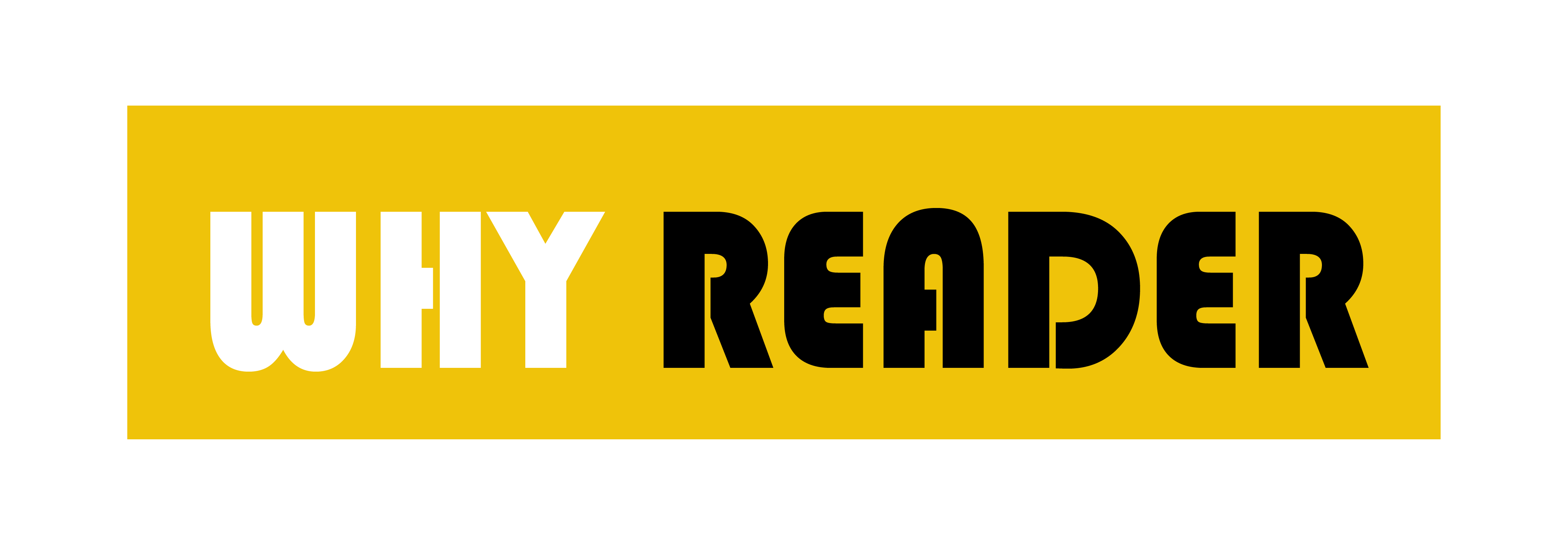PSLF Changes Could Cut Off Relief to Thousands
Loan forgiveness student loans program faces major changes under President Trump, raising fears of political retribution.
The proposed rule, released by the U.S. Department of Education, would strip PSLF eligibility from nonprofits and employers accused of “illegal activity”—a term broadly defined to include immigration-related aid, support for transgender youth, and affiliations with groups labeled as “terrorist” by the Trump administration.
Gray Areas in the Law: Who Makes the Decisions?
Proponents claim that the provision grants the Education Secretary excessive discretion, permitting the removal of groups without a judicial decision or conviction. Critics worry that this might have an impact on entire local governments, hospitals, and institutions.
“That’s definitely an indicator this is politically motivated,” said Betsy Mayotte of the Institute of Student Loan Advisors.
Under the proposed language, “illegal activity” includes:
- Aiding undocumented immigrants
- Offering gender-affirming care to minors
- Supporting foreign terrorist organizations
- Promoting DEI (diversity, equity, and inclusion) practices
Entire Sectors at Risk: Healthcare, Education, Immigration Aid
Over 1 million borrowers have received relief under PSLF, including nurses, teachers, firefighters, and legal aid workers. If hospitals or nonprofits become ineligible under these rules, thousands of borrowers could lose their path to loan forgiveness for student loans.
Financial aid experts warn this could exacerbate labor shortages in healthcare and education. Emeka Oguh of PeopleJoy said the lack of clarity could make the policy “devastating” if not narrowly applied.
The Documentation Pitfall: Verifying “Legal” Status
Employers would have to attest that they don’t participate in illegal operations under a new rule. Thousands may lose their eligibility for PSLF student loan forgiveness if they fail to file correctly, even if it’s because of procedural problems.
Some panel members agreed to tweaks to clarify rules but voiced deep concerns. Only one negotiator formally opposed the rule.
What Happens Next?
The final version of the rule is expected to be released after a public comment period, with implementation planned for July 2026. While Education Department officials say they’re open to changes, they emphasized the program should not “subsidize illegal conduct.”
Source: AP News





